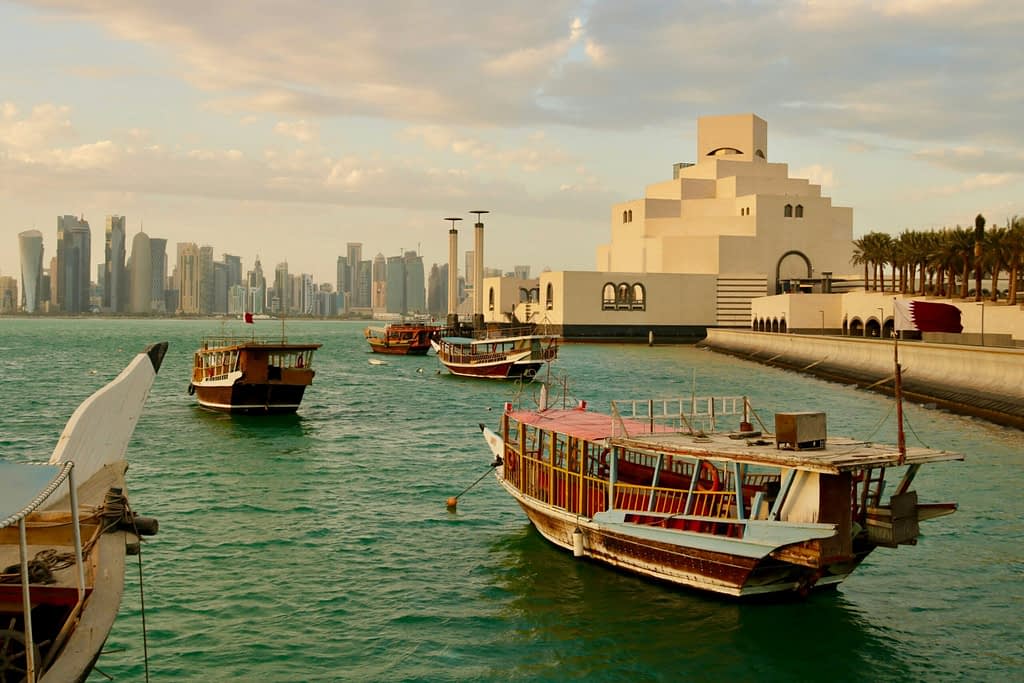Qatar Investment Authority (QIA) has announced an ambitious plan to invest an additional $500 billion in the United States over the next decade. This information was shared by Mohammed Al Sowaidi, the current CEO of the fund, during an interview in Doha. The investment is part of Qatar’s broader economic commitment of $1.2 trillion, which was presented during President Trump’s recent visit.
Strategic Focus and New Opportunities
The new investments will target areas traditionally preferred by the fund:
- Artificial intelligence and technology
- Data centers
- Healthcare
- Industrial projects aligned with Trump’s agenda to reindustrialize the US
“We’re not shifting away from other markets – we’re increasing our exposure to the United States,” explained Al Sowaidi, adding that the current US economic environment offers a “more promising direction” for long-term capital.
Investment Strategy Shift
Al Sowaidi, who became the fund’s CEO last year, plans to steer QIA toward providing capital to large companies, acquiring stakes in listed businesses, and prioritizing larger transactions. This represents a departure from the fund’s recent focus on smaller venture capital investments.
This change comes at a pivotal moment for the fund. The expansion of Qatar’s gas projects is expected to funnel billions of dollars into its coffers, while Doha is no longer constrained by expenditures on major projects like the 2022 FIFA World Cup, which is estimated to have cost $300 billion.
Gas Wealth as Growth Engine
Qatar is already one of the world’s richest nations and among the top exporters of liquefied natural gas. The planned significant expansion of production is set to add more than $30 billion annually to state revenues.
Some of these funds will flow into QIA. The research consultancy Global SWF recently projected that QIA’s total assets will surge to $905 billion by 2030, elevating the fund into the ranks of other prominent investors in the region, such as Saudi Arabia’s PIF and the Abu Dhabi Investment Authority.
Al Sowaidi stated that the fund typically takes minority stakes in successful businesses, with deal size varying widely by asset class. “In public equity, we can go big,” he said. “In private equity, we’re capable of multibillion-dollar transactions, but we can also stay nimble – especially in sectors like technology or healthcare.”
Global Competition
QIA is not the only Middle Eastern fund focusing on the US market. Saudi Arabia’s Public Investment Fund, state-owned entities in the United Arab Emirates, and the Kuwait Investment Authority are also planning to invest billions in similar sectors – increasing the likelihood of competition for the same deals and the risk of overpaying for assets.
Financial institutions are already eager for the opportunity to work more closely with QIA. Eduardo Saverin’s B Capital, for example, announced plans to establish offices in Qatar earlier this year. Days later, BlackRock Inc.’s Global Infrastructure Partners announced the same.




